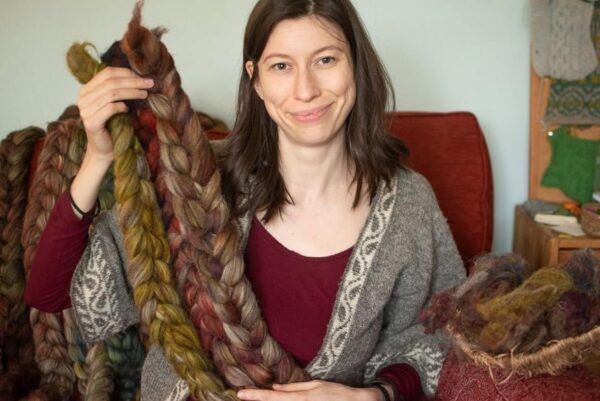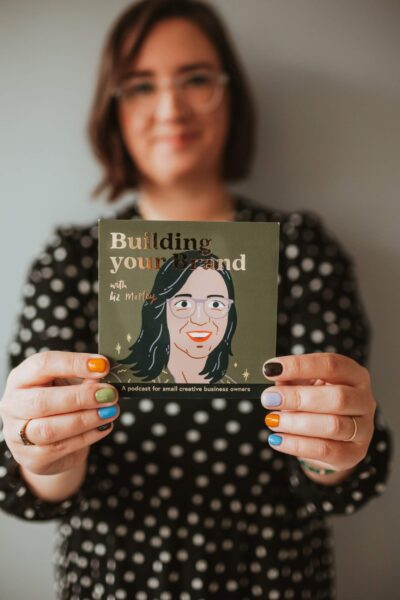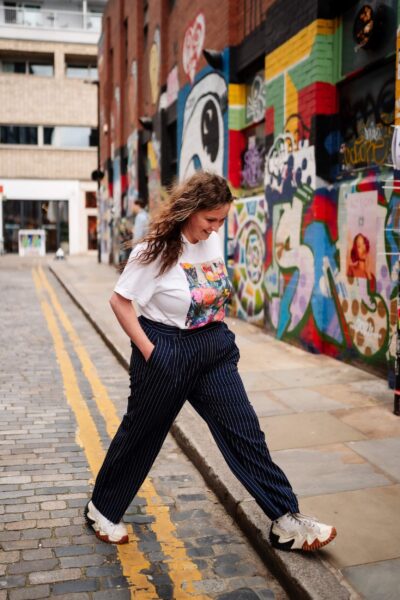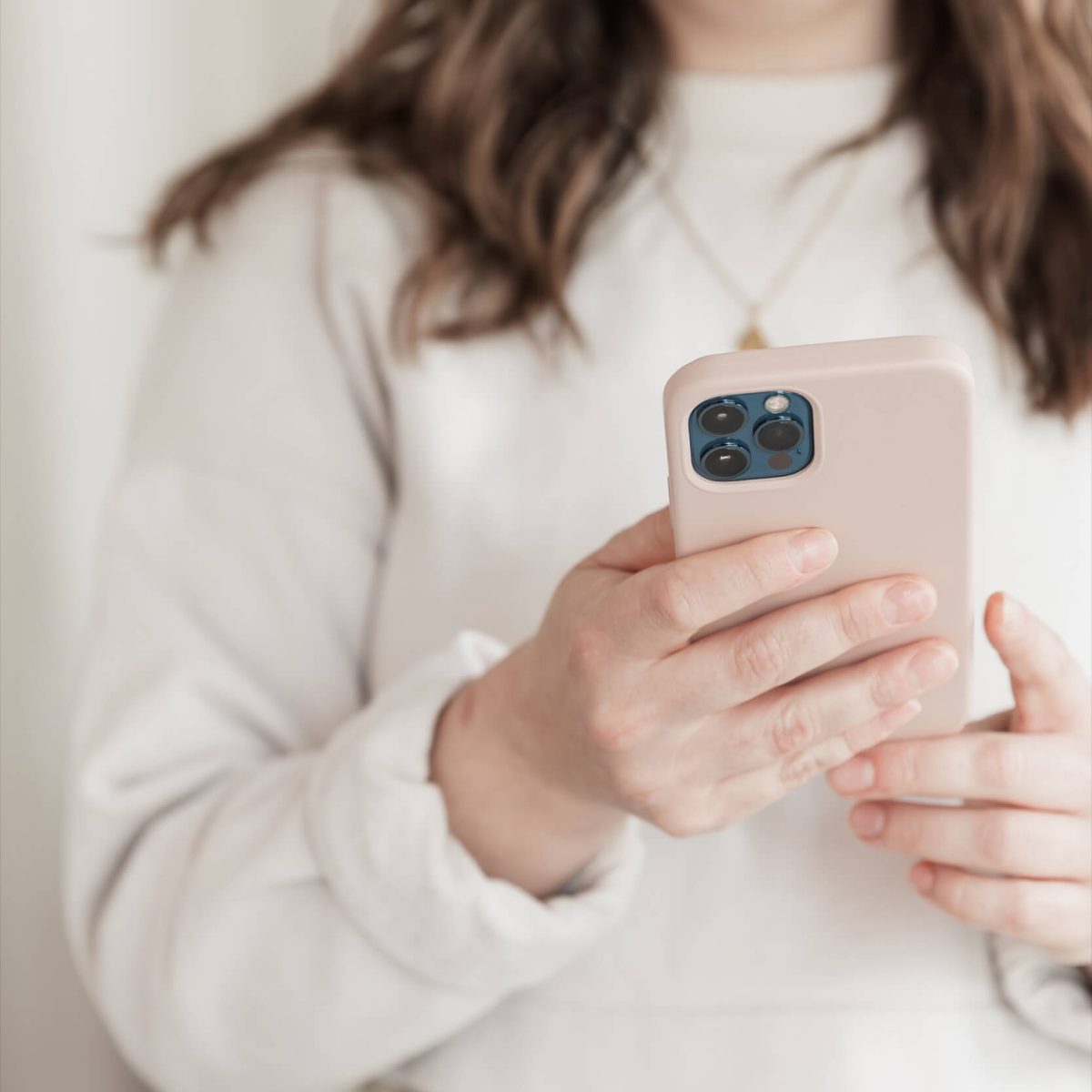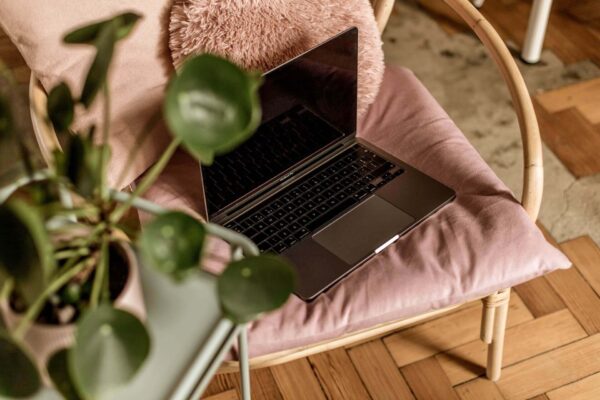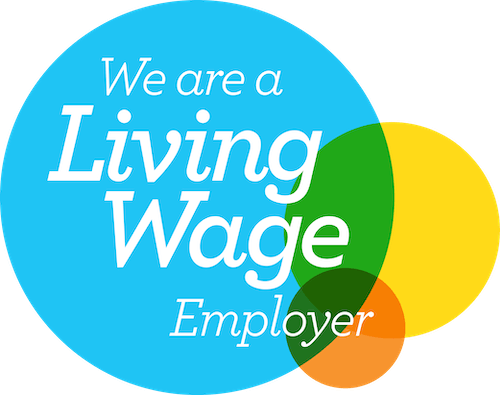My name is Lyzi, and I’ve been creating content on Being Little for almost 10 years. While I didn’t start out hoping to become an influencer (that wasn’t really a thing back in 2010) it has been a by-product of sharing my opinion on things for so long.
Now I’m here at Studio Cotton, creating content and copy for this lovely little marketing agency too.
Working with online influencers can be really beneficial for small businesses – it can help create buzz, reach a bigger audience, and ultimately, sell more of your product – if it’s done correctly.
Every day, I get a plethora of marketing emails ranging from press releases, to invites, to collaboration offers. Picking the wheat from the chaff is a big job. This daily task – and chatting to friends who have found themselves in the same industry – quickly taught me what makes bloggers and influencers want to work with small businesses and what really, really doesn’t.
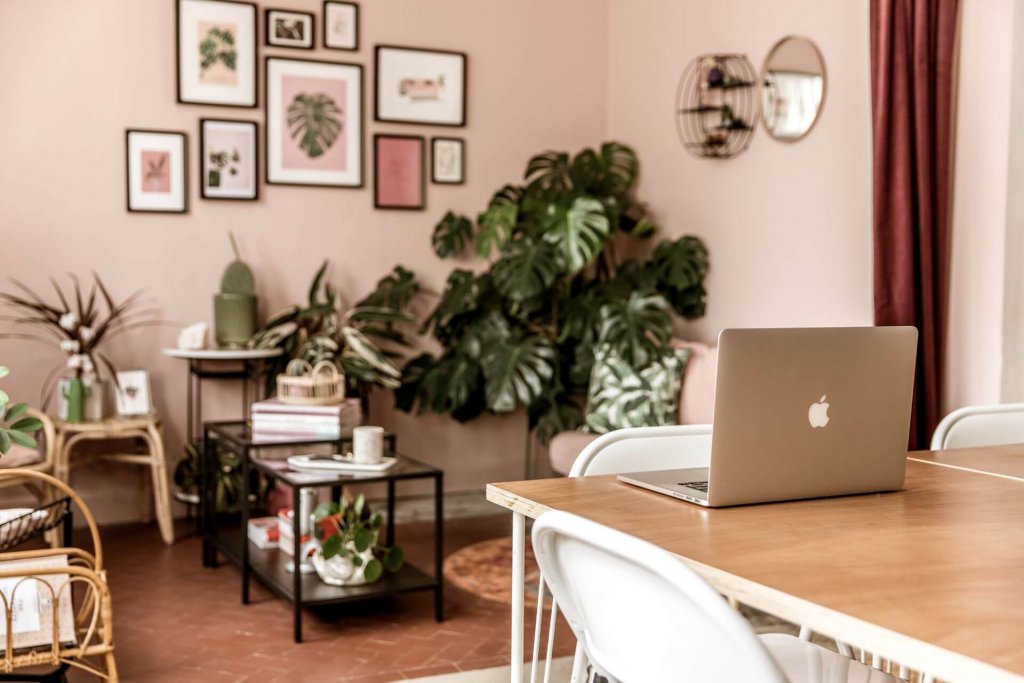
1. First up, do your research
Yes, this can be time consuming, but it’s so important. Don’t go straight to the Instagram influencers with a following of 100k or more – this often isn’t the best method for an indie brand. Instead, concentrate your precious business hours on bloggers & influencers who will love your product. Have a look around for bloggers with a similar ethos to you, and check your social media followers to see if any influencers are already a fan of what you do.
Emails which usually end up straight in my deleted folder are irrelevant press releases (sorry, I don’t actually have children), invites to events in places very far away from me (sorry, I can’t just pop over to LA for your shop opening) etc.
2. Send an email, not a direct message
DMs get lost in the DM inbox of an influencer, especially if they’re one with an engaged following – which is exactly who you want. Emails are so much more professional, and it’s easier to keep track of the conversation. Finding their email address shouldn’t add more than 30 seconds onto your job, and if it does, they need help.
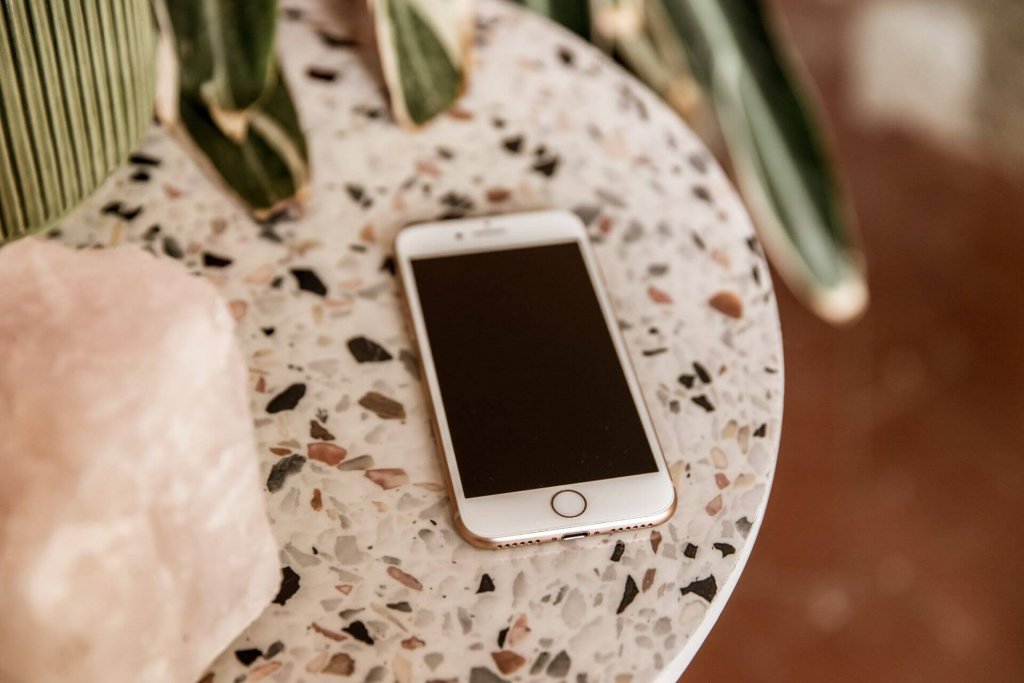
3. Think about the subject line, but not too much
Basically, just say exactly what the email is about, so that the influencer knows if they want to open it – don’t cram too much in there. Here are a few simple subject lines that would work:
- Blog collaboration with X
- Influencer opportunity with X
- Paid campaign with X
- Invite to X, Bristol
4. Make it personal
Show that you’ve had a look at their blog and/or Instagram – reference something they’ve written about or relate to them on a personal level. You’re an indie brand, so you can introduce yourself and what you do, and tell them why you think they would be a good fit for a collaboration. Get creative, if you feel like it! It’s so off-putting to get a generic email that you know was sent to a huge list of influencers, especially if it’s not even addressed to the correct name.
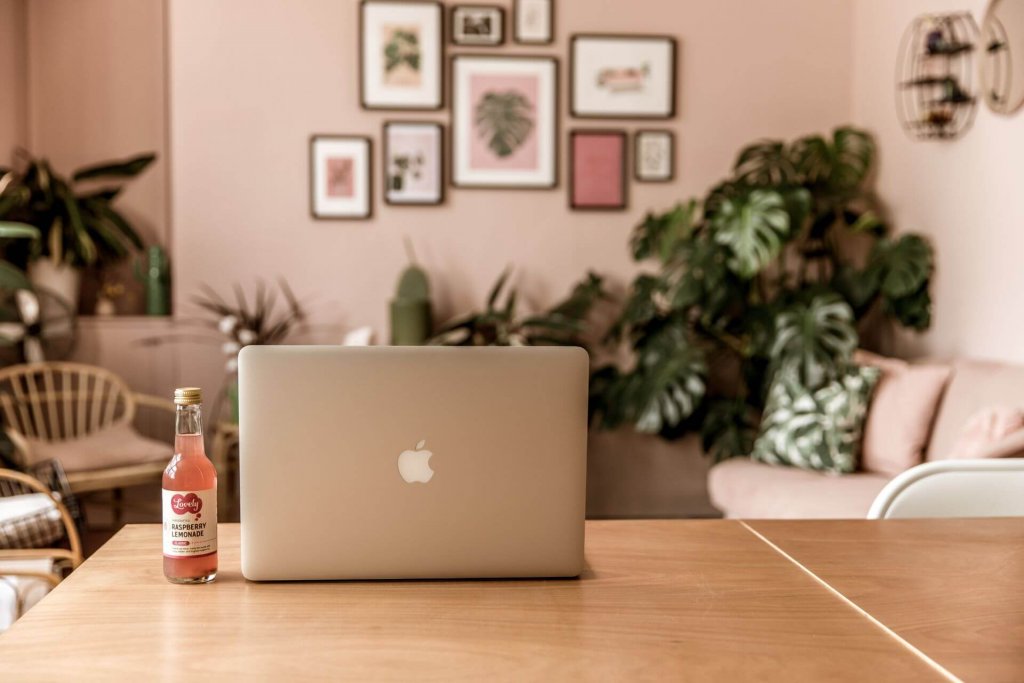
5. Be clear
After the nice personal bit above, just be totally straightforward with what you’re offering and what you want in return. There’s no point in sending 10 friendly-but-vague emails back and forth, dancing around the subject, only to find that neither of you can deliver what the other one needs. Yeah, you’re being lovely about it, but this is still a business transaction.
However…
6. Be open
Perhaps your chosen influencers are into your indie brand, but want to take a different direction with the project – work with them on that. They know their audience and what they’re into.
Maybe they would prefer payment rather than a sample product – check their rates, and if it doesn’t work for you, just say so. This is their job, but many influencers will be flexible with rates, especially if it’s a small business with a great product, or a charity. Negotiating is ok.
For influencers, that’s the great thing about working with a small brands – the opportunity to be more creative and collaborative.
At the end of the day, I think it’s just about being a nice human and making the partnership work for everyone involved – your small business, the influencer, and the audience too.

